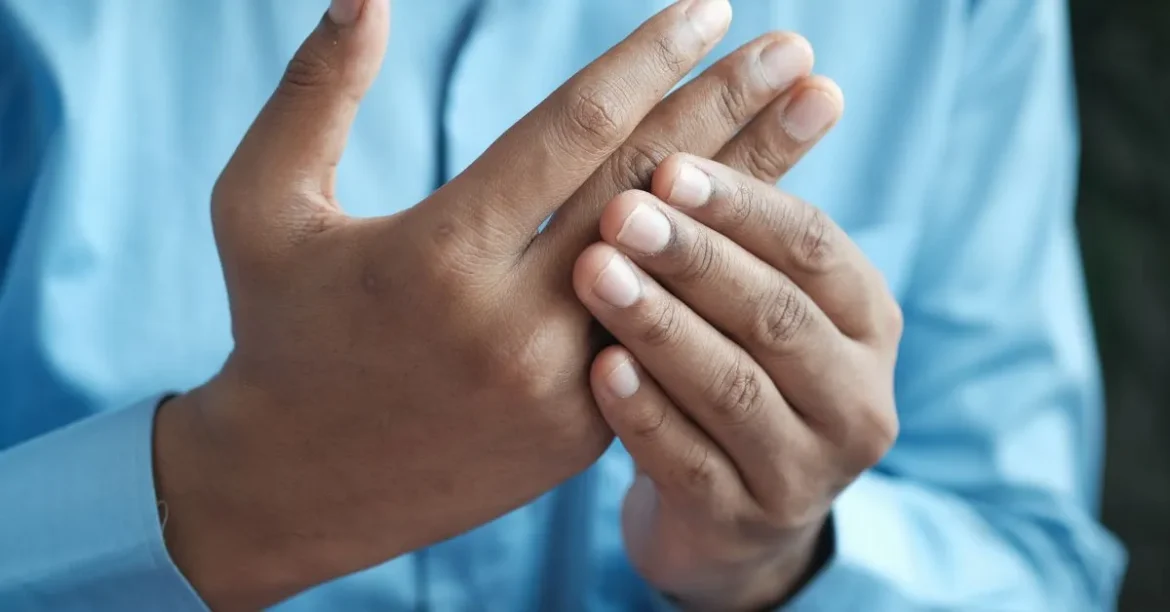Mumbai has seen a considerable increase in occurrences of Guillain-Barre syndrome (GBS), a rare inflammatory neurological condition.
This illness causes muscle weakness and maybe paralysis by the immune system targeting the peripheral nervous system.
More than 15 GBS cases have been detected at the BYL Nair Hospital in a single month, while six patients are now receiving treatment.
By July, more than a dozen GBS patients had been treated at private hospitals including Kokilaben Hospital in Andheri along with Bhatia Hospital in Tardeo. Three – five patients were seen at hospitals like Lilavati and even Fortis per day. However, there haven’t been any documented fatalities till date.
Doctors are giving special attention to the cases
Given the alarming increase, specialists stress the importance of closely monitoring patients’ blood pressure, heart rate, and respiration because GBS can cause respiratory problems.
Dr. Girish Soni of Lilavati Hospital emphasised, ” the value of documenting because patients with GBS typically recover gradually throughout 6 to 12 months. Complete recovery is frequent, despite the high cost of treatment”.
Neurologists have called attention to the significant uptick in hospitalisations and outpatient cases. Medical professionals are recognising different GBS presentations, nevertheless. Some cases are unusual and do not proceed upward from the lower limbs as is typically the case. Younger patients who initially had upper limb weakness and early cranial nerve involvement are making progress quickly and need ventilator support because of their weak respiratory muscles.
What doctors have observed
According to a report, doctors are saying that, “In comparison to the average numbers reported throughout the monsoon season, when such cases usually see a minor uptick, the incidence of GBS cases is significantly higher, ranging from 30% to 50%”.
The neurologist at Hiranandani Hospital, Dr. Nilesh Chaudhary, emphasised,”GBS instances frequently occur after bacterial or viral illnesses, which causes the immune system to wrongly attack the body itself. The illness often manifests as tingling, numbness, or muscle weakness, which in more severe cases can proceed to paralysis. The recent 30-45 days have seen a considerable increase in instances, which is roughly 50% more than usual.”
“Doctors are highlighting a possible connection between the surge in GBS cases and a more general spike in viral infections. The majority of GBS patients”, according to Dr Rahul Chakor, chief of the neurology division at Nair Hospital, “develops the illness soon after recovery from viral or gastrointestinal infections. The effects of this increase have been felt by people of all ages and genders”.
“Doctors have noticed numerous GBS variations within different hospitals. Acute Motor Axonal Neuropathy (AMAN) and Acute Inflammatory Demyelinating Polyneuropathy (AIDP) variant patients are being treated at Fortis Hiranandani in Vashi”, according to Dr Pawan Ojha. While the second one affects neuron signal-transmitting axons, the former attacks the protecting nerve sheath. Specialised therapy and mechanical ventilation are frequently needed in these severe instances.
Regarding a potential connection to Covid-19, Dr Chakor noted that, “autoimmune diseases have been more prevalent since the pandemic, but further investigation is needed to determine whether GBS is directly related”.

